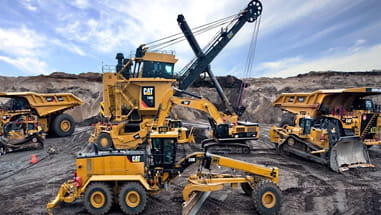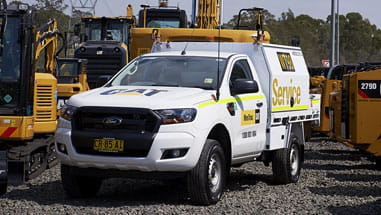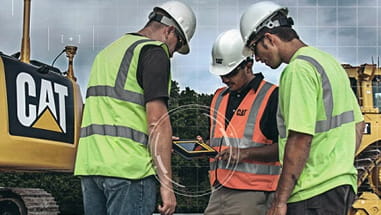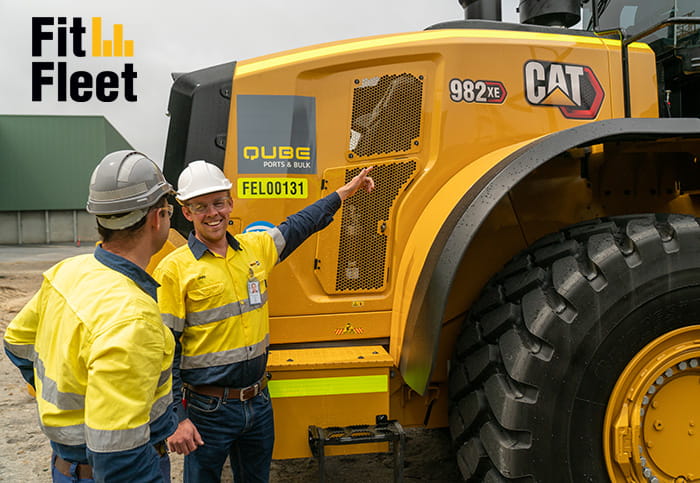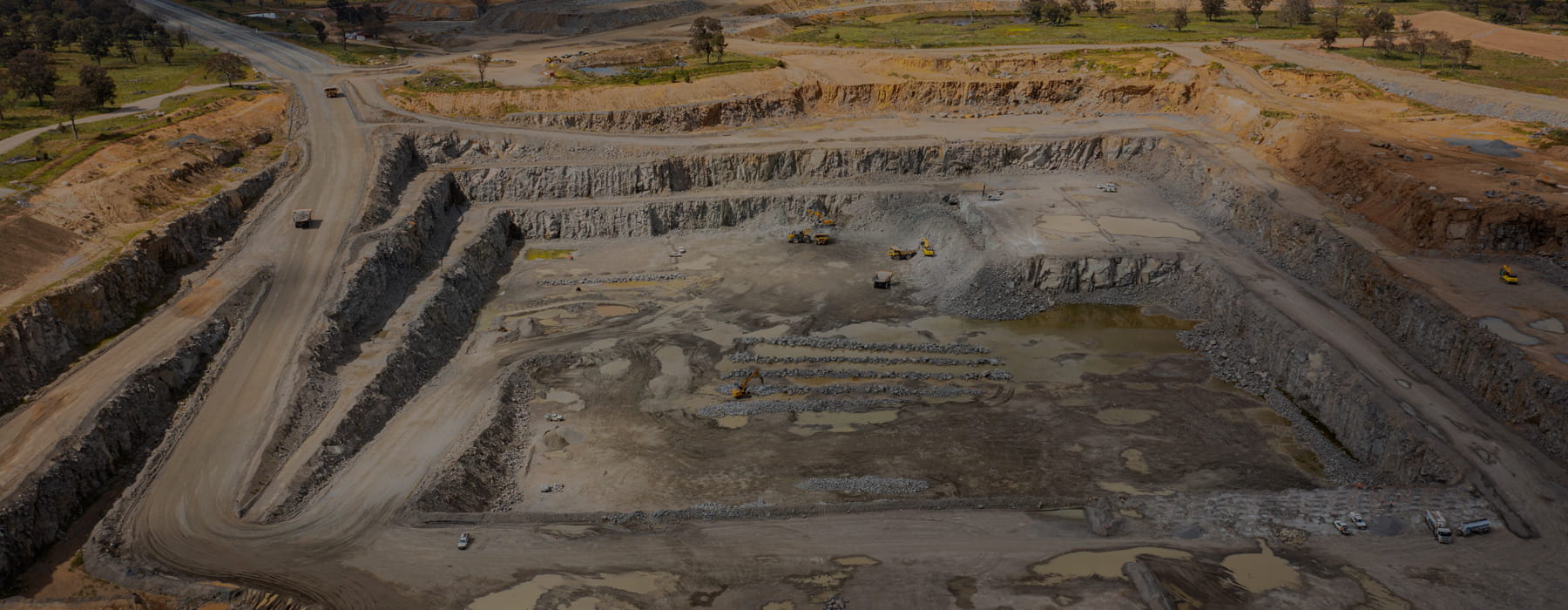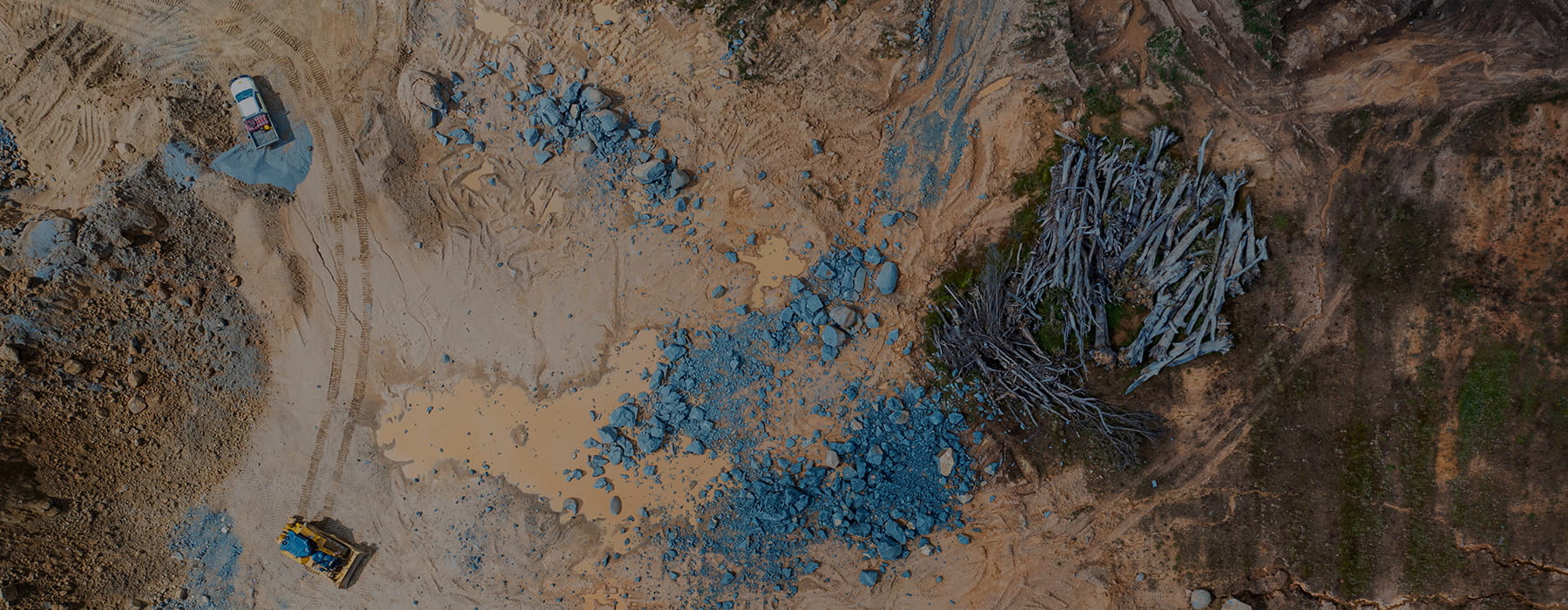The importance of equipment maintenance cannot be underestimated when it comes to maximising equipment life span and achieving the best safety, productivity, and efficiency outcomes from your Cat® machines.
More importantly, adopting and sticking to a preventative maintenance routine, paying attention to onboard technologies, and making the most of services offered by WesTrac are key steps to ensuring optimum performance, whether you run a single machine or an entire fleet.
From ensuring operators are adequately trained, to conducting regular fluid sampling, to having an appropriate FitFleet customer value agreement for each of your machines, there are plenty of options to give you the best head start and keep your equipment in the best condition. Read on or get in touch to find out more.


